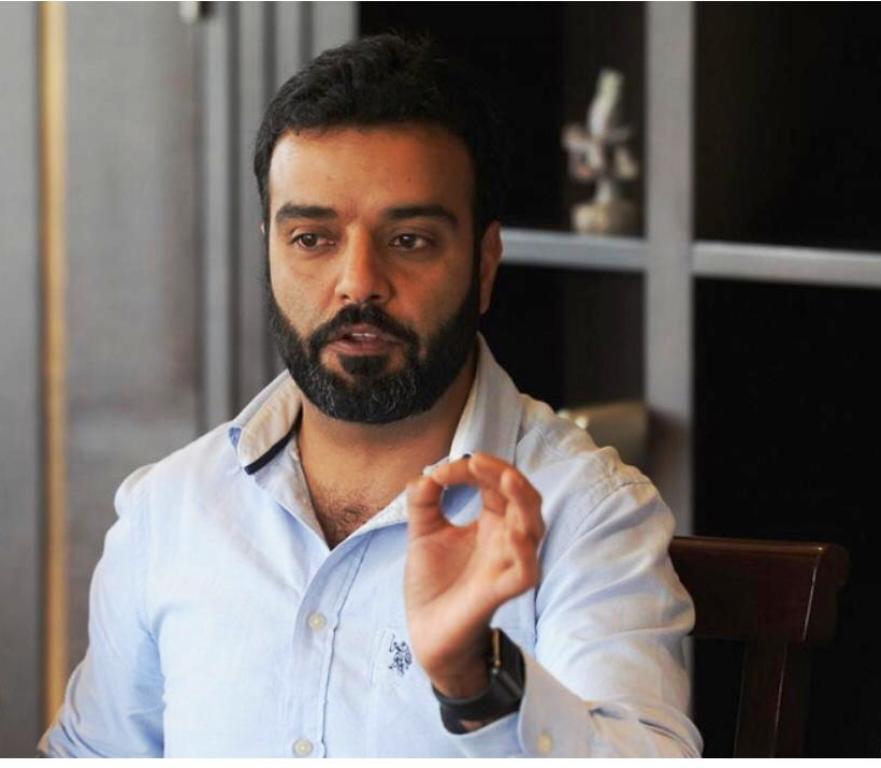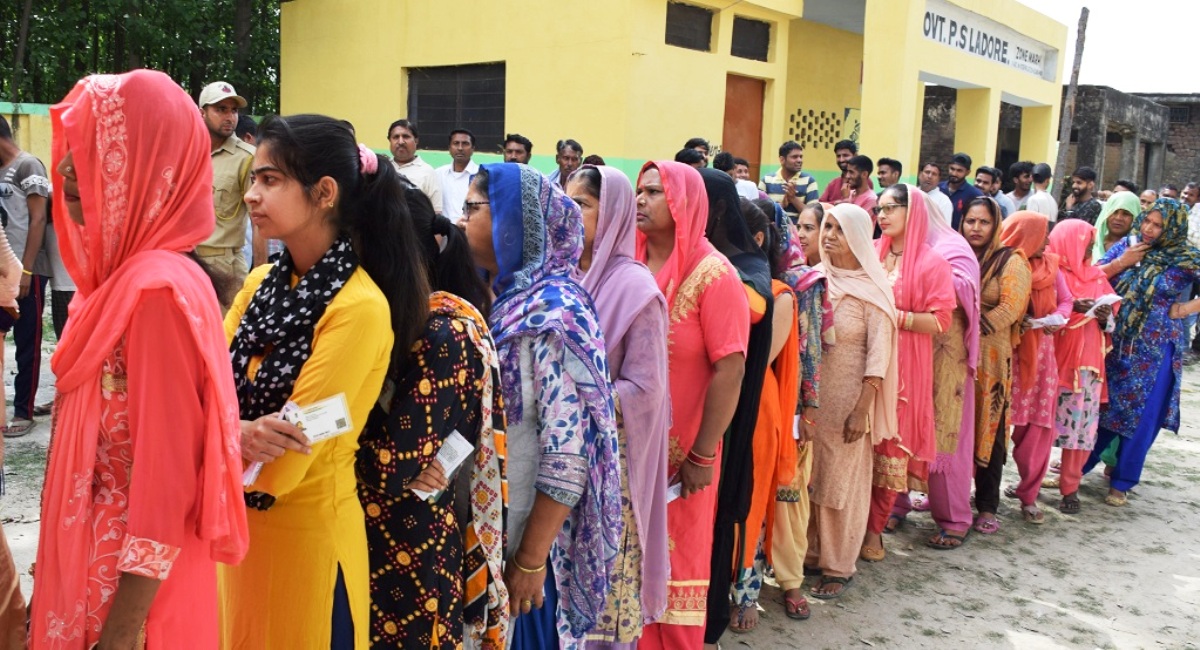SRINAGAR: J&K government may be the first state in India to have its next budget in public domain well before it would be presented to the assembly, Finance Minister Dr Hseeb Drabu told the House of Elders. He was concluding the debate on GST resolution that was eventually adopted by the House on majority basis in absence of opposition.

“Nothing is hidden now, the budgets are going to be mere expenditure statements,” Drabu said. “This will happen with Arun Jaitely’s budget and also to all the states as the tax bands are already fixed by the GST Council.”
He said the fiscal reforms process was initiated by Delhi earlier. “Nobody knew what the state’s plan allocations would be and we would wait for that mandatory photo opportunity till August,” Drabu said. “But after the Planning Commission was closed, all state’s knew their devolutions and that was the reason why J&K could present budget well before the Centre’s presented its budget, a system that was later copied by four states.”
Responding to the observations of a lawmaker that the GST will make the smaller states akin to municipalities, Drabu said, it was an under-statement. “I am on record to have said in the GST Council that the new tax regime will reduce the state finances ministers to twelfth members in the cricket team,” he said.
The self-assessed tax system will make the inspector raj a thing of the past and the state government has already converted the Commercial Taxes system into a tax advisory department. The audits are risk-based and limited to five per cent of the total. Traders will Rs 20 lakh turnover are not required to file, people with Rs 75 lakh will manage one early lump-sum return, turnovers upto Rs 1.5 crore will be managed by he state and those beyond that will be shared by the state ad the central government systems.
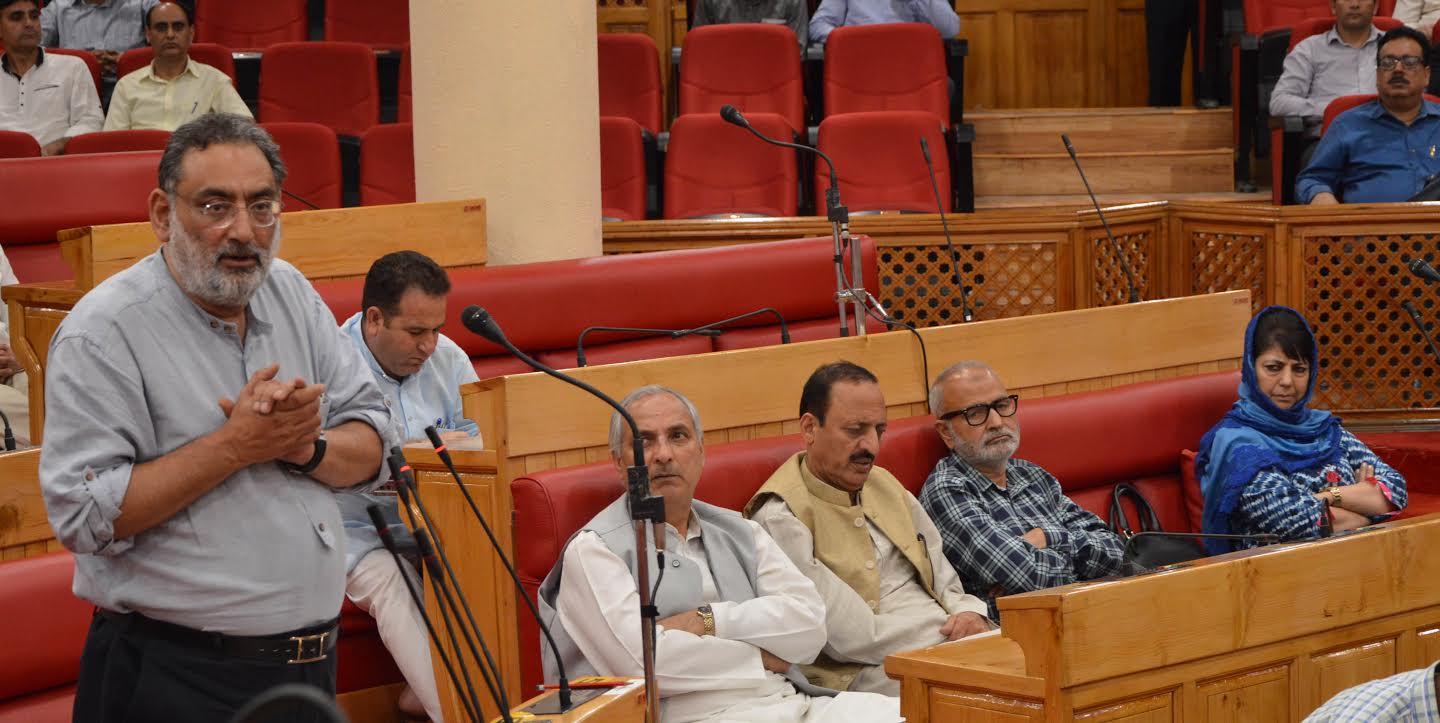
Drabu said requirement of filing 37 returns a year is part of “tax gossip” and is not fact as the assessees will file one return a month. “This is a very efficient machine that handles 300 crore transactions in a day so it will create all other forms automatically,” the finance minister said. “There will be Rs 1,40,000 crore loss on taxes but the biggest beneficiary would be the income tax department because the systems would seek IT details once the transactions reach a threshold.”
Terming the new regime as “disruptive policy shift”, Drabu said it would take some time in stabilising the system. “The Council has already decided to help people get adopted to the system for which, initially, even off line forms will also be accepted.” He anticipated some tensions to the manufacturing sector, as the competition would go up.
Finance Minister said people hawking handicrafts products are exempted as the Council has agreed to offer concessions to the handicrafts and the walnuts. “GST Council spend 20 minutes discussing the dry fish of Manipur so the issue that J&K will suffer on its key concerns is incorrect,” Drabu said. “On certain issue we will have to refine the systems to our advantage.”
Insisting that adopting GST is not a compulsion but J&K will seriously suffer in its absence.
Explaining the alternative model that opposition NC was campaigning, Drabu said he has traced an unsigned document that, if implemented, would require making amendments in the Constitutions of India and J&K including Section 5. “Amending Section 5 of J&K Constitution will open Pandora’s Box which we can not do at all,” the minister said. “The other major challenge is that it would require collecting central dues in state’s Consolidated Fund and them making payment to Delhi which is unheard of.”
Finance Minister said the GST Council is India’s first truly federal institution. “India is moving from coercive to cooperative federalism. The Opposition is selectively looking at the loss of powers of states but not one is looking at the loss of powers of union to the GST council,” he said. “In the Council centre has only one third voting right but not a single decision so far was taken without a consensus.”
“The sense of the House is that no one has issues with GST per se. There might be differences with modalities of applicability which is why we want this law to be backed by the State Government and legislative process so as to prevent any harm to the consumers and trade without compromising on the State’s special position,” Drabu said.

Several legislators took part in the discussion on GST Resolution. While initiating the discussion, Javid Hassan Baig said that before venturing into GST debate for its implementation in the state, we were encouraged by our party seniors to study and understand the concept and its implications for all stakeholders. He said “that after exploring the new tax regime, I can confidently stand in favor of GST in the state”.
Baig said that GST is not just Kashmir centric, it’s for the whole nation and over 15 long years and 10000 hours of discussion have taken for making this new tax regime. Giving religious or regional overturns to this to create divide is unfortunate, he added.
Adding that adoption of GST in the state will not compromise its special status and its financial autonomy in any way, Baig said that Government will put in all necessary safeguards to protect the special rights and ensure adoption of GST will not erode Article 370 in any manner.
Appreciating the Government for bringing this resolution to the Legislative Assembly for discussion, he said that with this unprecedented move, Government has tried to get the general viewpoint of all legislators, and through them, opinion of general public regarding GST.
Encouraging Members to mull over GST, he said that all Members are under oath before entering to this august house and it is the sole responsibility of everyone to work for the welfare of their people. “If you make GST Jammu versus Srinagar versus Ladkah, then we are heading towards a split,” Beigh said.
He also mentioned that former Chief Minister Omar Abdullah has once said that whatever we will get, it will come from the Government of India, Indian Parliament and the cabinet.
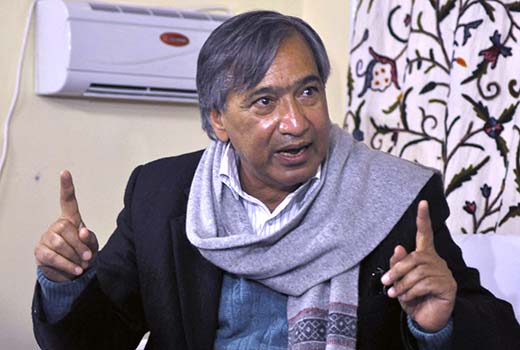
M Y Tarigami said that there is no clarity on the GST Resolution moved by the Finance Minister and he should clear to the House that on what lines government is going to adopt GST in the state. He said the state has been given right to discuss any law passed by Parliament to further discuss whether to adopt it or not.
Tarigami said that present GST in totality is a blow to federal polity of India and the state government should come up with its own tax law. The government should work within the limitations of J&K state constitution and should look for some way out, he said.
He said that GST will affect the local fruit industry like apricots, handicrafts, horticulture sector and makes no headway to curb unemployment in the state.
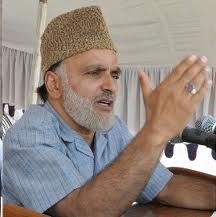
Ali Mohammad Sagar while raising the question to all the Members said that as public representatives we should deliver on the mandate of raising public voice in right perspective.
“People are pivot to democracy. Are we ensuring that their sentiments are represented and placates”, Sagar said adding that if GST was as good as promoted, why are traders on strike. He requested Finance Minister Dr Drabu and the government to understand people’s view point towards this tax regime.
Sagar said that this resolution will erode the autonomy of the state and the erosion is dangerous as it takes the financial independence out of the purview of the state.
He said that GST is a financial burden that will hurt the middle and lower class, both businesses and consumers with its elaborate and high tax slabs and therefore it needs conscious discussion and deliberation before enforcing it on public.
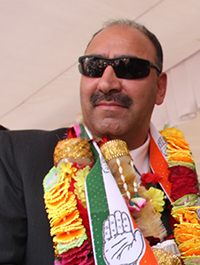
Usman Majid said GST is a move to reduce State’s special provisions under Article 370. He said GST is not in the interest of general public. He further said that there is no consensus among people in the state and traders are protesting all across against this new tax regime. The present circumstances in the state do not allow for such a thing to be implemented, he added.
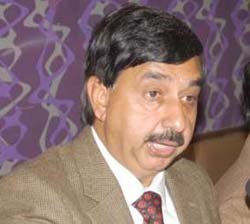
Pawan Gupta while taking part in the discussion said that GST is a good concept and welcomed the step of unifying taxes under common thread. He said that GST will curb the interstate tax war and bring all states on a common level playing field, adding that this will lead to curbing the evasion of direct and indirect taxes, thereby leading to steady growth in the GDP.
Listing his reservations regarding implementation of GST on the ground, Gupta said that this is a revenue neutral model and therefore the benefits will go to government rather than consumers, Industry and Commerce and that the unregistered small traders will be hurt by GST. He further said that GST is a work in progress that will need to take shape overtime, according to the requirements of the state.
‘If J&K does not adopt GST, the state will be at a considerable disadvantage with consumers, industries bearing brunt of it, lead to tax evasions, considerably reduces investments besides losing export edge of the state’, he said.
Gupta added that ‘we are not losing our sovereignty, we are just sharing our economic sovereignty to accrue mutual benefits. No state can survive in seclusion, we should bring GST in the state as soon as possible.’
Sat Pal Sharma while supporting the Resolution said that GST is a historical tax regime aimed at to boost the economy of country and benefiting people from all sections of the society. He strongly advocated for its implementation in Jammu and Kashmir immediately to avoid unnecessary harassment to the common man and trading community.
Expressing his concern over the propaganda unleashed by some sections of the society and political parties on the ill effects of GST that it will infringe the State’s economy and its special position, Sat Sharma said that the new tax regime will bring uniformity in the entire country by amalgamating various taxes under one umbrella and compensate the States appropriately. He said the Jammu and Kashmir is a consumer State and will benefit hugely with the implementation of this important law. He said about 85 essential commodities have been put under 0 to 18 per cent category, which will benefit the common man. The system will also help in curbing theft in tax.
While making some useful suggestions to the Finance Minister, Sat Sharma called for abolition of entry tax at Lakhanpur, Lower Munda, and religious pilgrimage in the State.

Yawar Dillawar Mir said that GST is the most beneficial regime for all and will boost the State’s economy. He said that National Conference has equally contributed in the institution of this important tax law in several meetings of GST Council of which the former Finance Minister, Abdul Rahim Rather was Chairman.
He said that when the new tax regime has been launched in the entire country, the Jammu and Kashmir cannot remain isolated and has to implement this to avoid any kind of financial and constitutional crisis. He said that the State Government will take care of various safeguards to the special status of Jammu and Kashmir.

Bashir Ahmed Dar while appreciating the State Government for calling the special session of legislature for debating the important GST regime said that the previous regimes implemented various Central legislation’s through backdoor system. He clarified that Government’s intention is very clear on the subject as the implementation of GST is need of the hour. The Government has brought the Resolution after taking into consideration all its pros and cons, without compromising the special status of the State and interests of all stakeholders. He said that Jammu and Kashmir being consumer State and will benefit hugely as the Centre will compensate it fully.
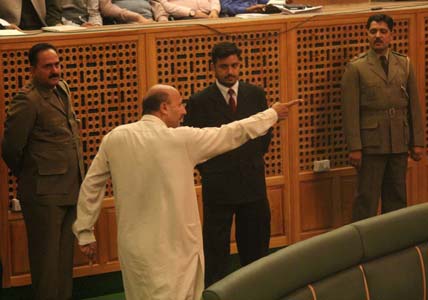
Abdul Rashid Sheikh questioned urgency for implementing the GST and expressed apprehensions that the State will suffer and erode the special status. He said that instead of Resolution, the Government should have brought the direct legislation for discussion. He also said that the trading industry and common man will suffer with the implementation of new tax regime.


